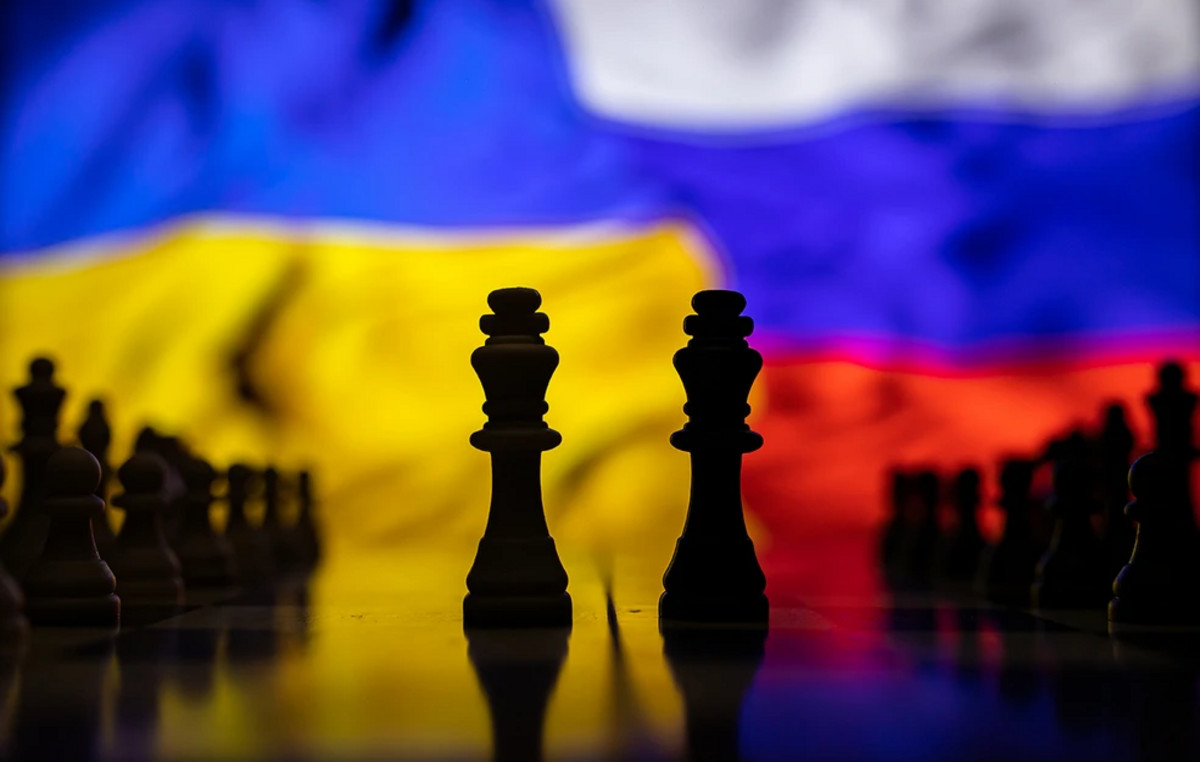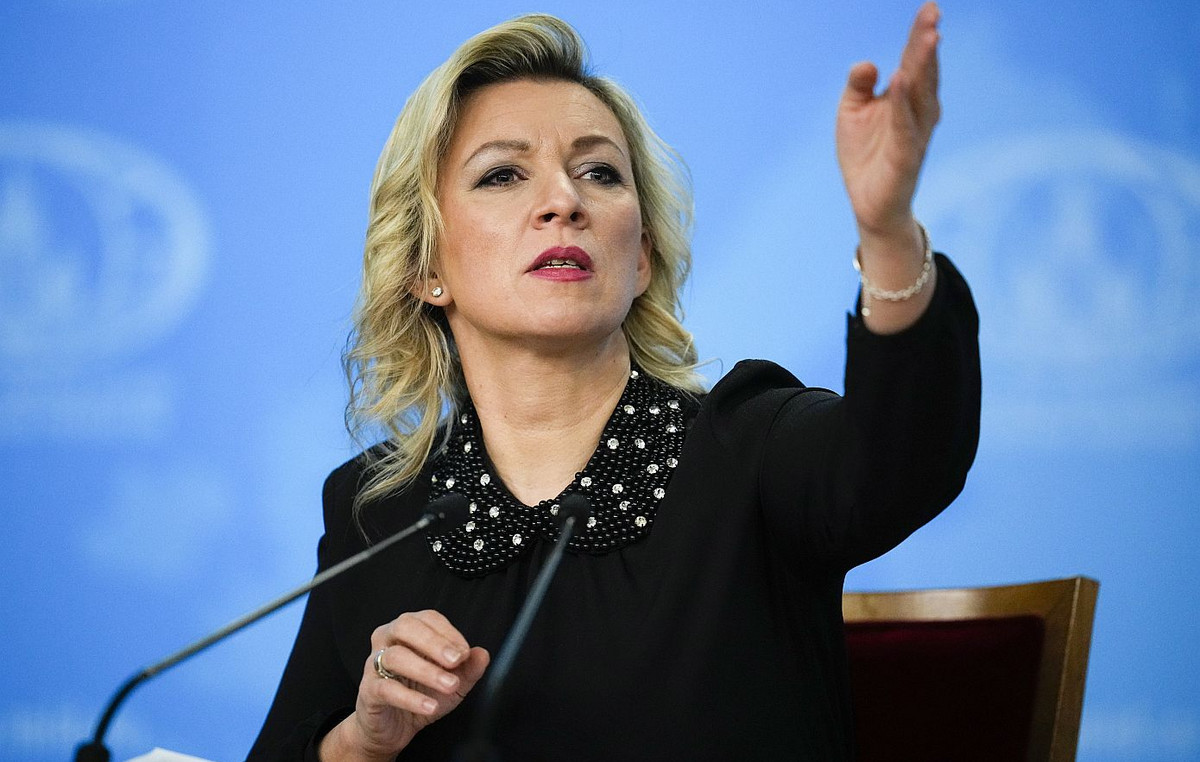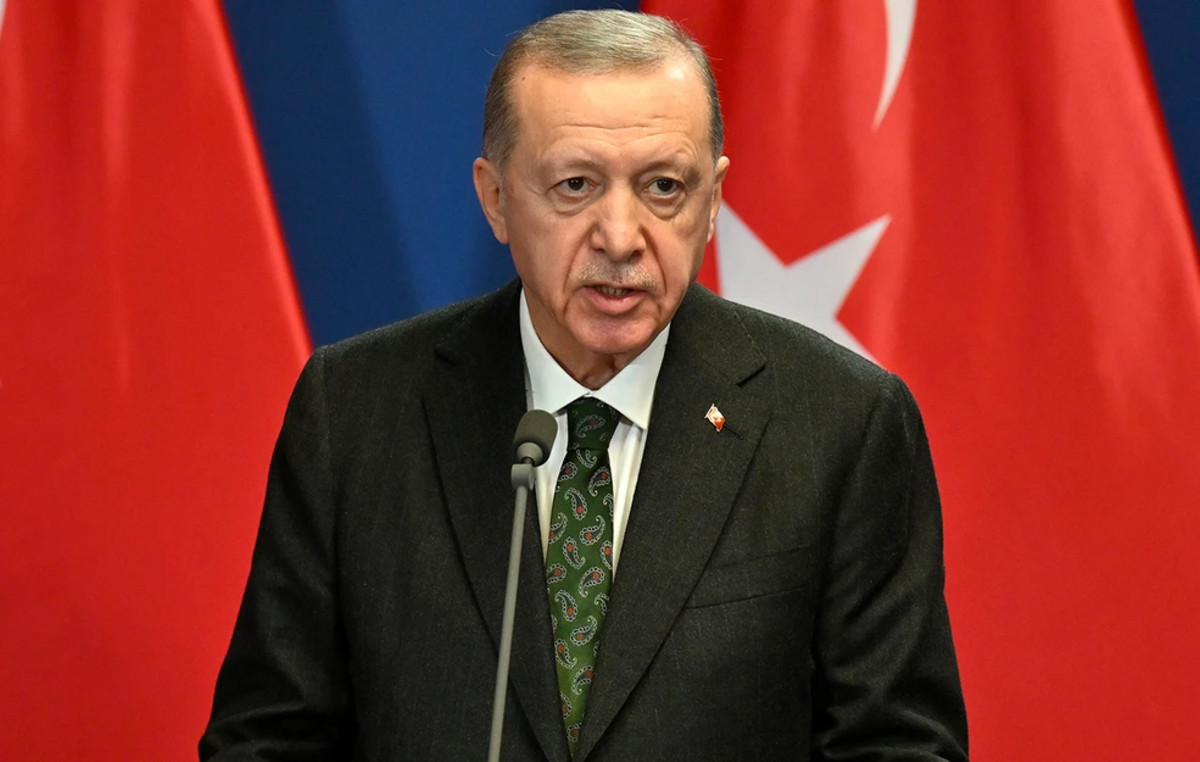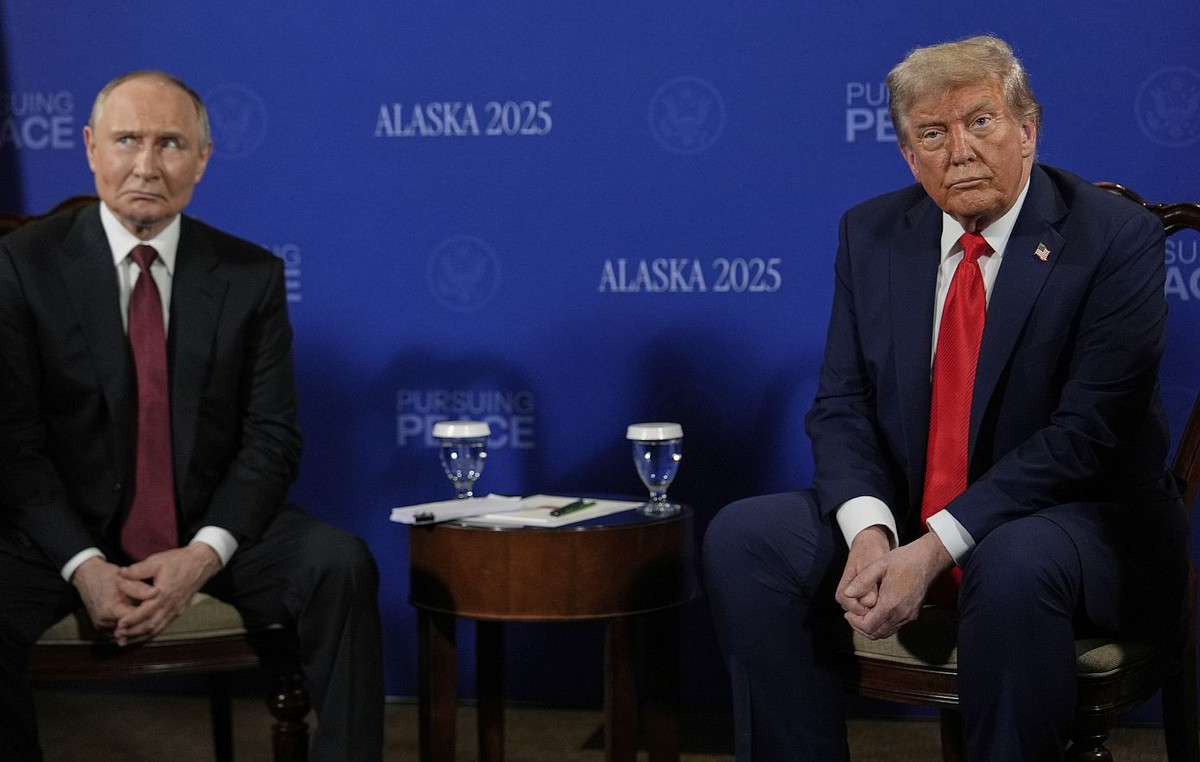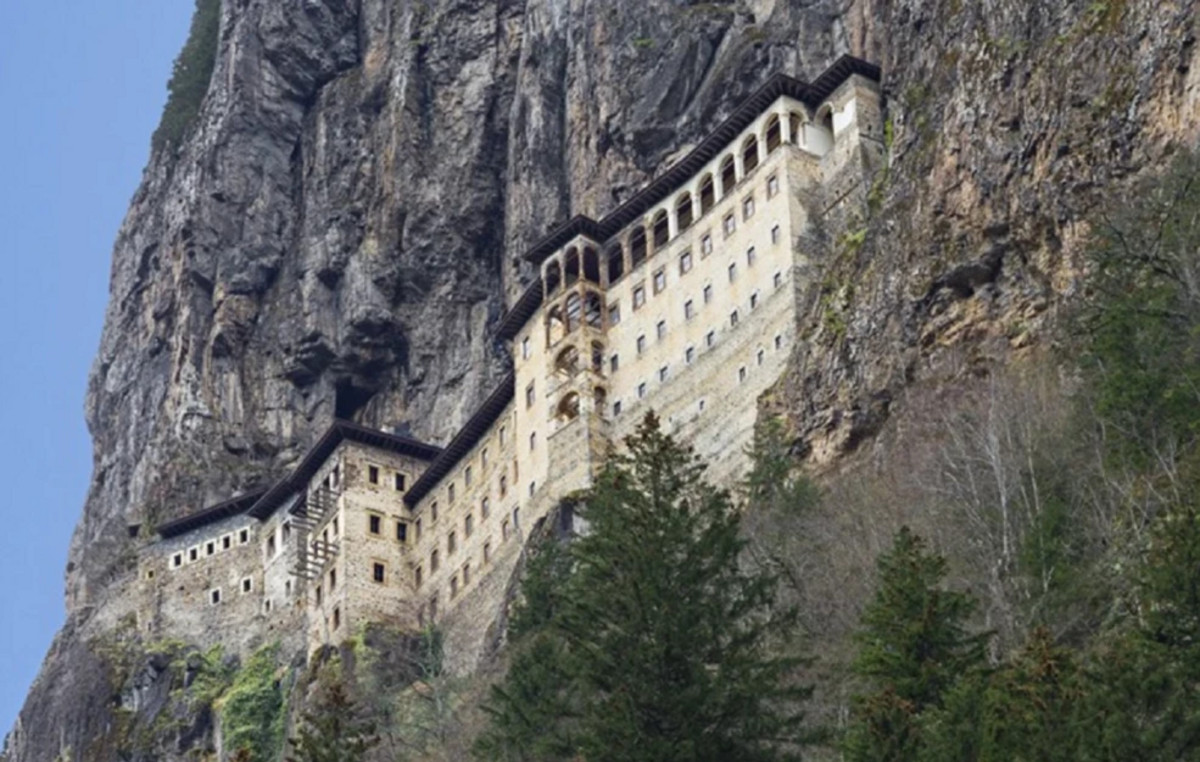Venezuela’s National Electoral Council (CNE) has not published the detailed results by electoral college and polling station that support the announcement of President Nicolás Maduro’s victory in Sunday’s (28) presidential elections, but the minutes containing these results are already circulating on the internet, as verified by CNN .
The possibility of consulting the minutes was opened after the opposition leader, María Corina Machado, announced on Monday (29) that they would create the website https://resultadospresidencialesvenezuela2024.com/ so that interested parties could review the results of the table at which they voted.
“We have 73.20% of the minutes and with this result our elected president is Edmundo González Urrutia”, said Machado at that time.
It was a similar announcement to the one he made on Sunday night when, with 40% of the votes, he also stated that the candidate of the Plataforma Unitaria Democrática had won against Nicolás Maduro.
On Tuesday morning (30), a team from CNN unsuccessfully tried to make this query by accessing the website, a topic that was trending on social networks such as X (formerly Twitter) due to the website being saturated by the number of users trying to access it.
Some reported that, after insisting, they were able to review the minutes from their polling stations on this website.
In the afternoon, the CNN managed to enter another site that offers the same service, ganovzla.comand there he was able to review the minutes that would belong to the electoral colleges of five people with Venezuelan documents.
Citizens with an identity document issued by the Venezuelan authorities can access these sites with their number, regardless of whether or not they voted in the elections held three days ago, and review the result printed in the minutes.
A CNN does not know how this material was processed, nor whether all the voting records of the National Electoral Council are there, and cannot determine whether the results of these records are true.
But CNN can confirm that, of the five ballot numbers entered, all correspond to the electoral college assigned to people with that identification.
The website promoted by Machado is hosted on AWS, Amazon’s cloud service.
The names and signatures of the members of the board and the witnesses present at the count vary in the five results obtained. The images of the minutes have an identification number apparently generated by the system, witness signatures and a QR code at the bottom.
In a video on his X account, journalist Eugenio Martínez, director of Votoscopio, said that all these elements are necessary for an eventual audit of this material.

But to get to that point, the National Electoral Council would need to deliver the details of the results. And as of Tuesday afternoon, that had not been done, nor had a new bulletin been released.
All that is known is what the president of the CNE declared on Sunday: “with 80% of the official count, Maduro had 51% of the votes.”
Contrary to the custom of publishing the results of elections by electoral college and table almost immediately on the CNE website, the current board of the body did not do so.
The Carter Center, former presidents Leonel Fernández of the Dominican Republic and Ernesto Samper of Colombia – both invited as observers – and several governments in the region have called for the publication of detailed results to dispel any doubts that have arisen.
And although Maduro promised on Monday to the envoy of Brazilian President Luiz Inácio Lula da Silva that he would publish all the minutes, a source informed about the details of the meeting confirmed to CNN as of Tuesday afternoon, this had not been done.
This has happened on three other occasions since Venezuela’s National Electoral Council decided to automate its voting platform in 2004.
In 2007, as Martínez recalls, the CNE failed to publish a significant number of minutes in the referendum that proposed an amendment to the Constitution in 2007, which Chavismo lost.
It also failed to publish minutes or disaggregated results in the August 2017 National Constituent Assembly election, nor in the consultative referendum on the historic disagreement with Guyana over the Essequibo, it adds.

In August of that year, the CNE reported more than eight million voters and never published the minutes.
Later, the company Smartmatic, which was responsible for electronic voting in the country, stated that “there was manipulation of participation data” of at least one million voters. The opposition had reported that there were 2.4 million votes.
The then president of the National Electoral Council, Tibisay Lucena, responded: “There are those who seek to plunge those who participated in last Sunday’s election into a void and ignore the voice of more than 8 million Venezuelans.”
A similar controversy arose at the end of 2023, on the occasion of the consultative referendum called by Maduro on the Essequibo territory, a large strip of oil-rich territory controlled by Guyana and which Venezuela has claimed as its own since 1899, when it lost it by virtue of the Paris Arbitration Award.
The CNE reported that more than 10 million people voted, but did not publish the voting records. The turnout figures surprised analysts, given that the campaign had seen little mobilization. There were no opposition witnesses at the polls, so the count had little independent verification.
“The average time for publishing results on the CNE website was approximately 3 hours after the announcement of the first bulletin, in addition to the delivery of the results database to the parties. This publication time increased to around 8 hours with the arrival of Ex Cle, (the company that replaced Smartmatic as the supplier of electoral software after the National Constituent Assembly election),” Martínez told CNN .
Although it was a tradition, the Organic Law on Suffrage and Political Participation only establishes, in its article 55, that the results of the electoral votes must be published 30 days after the proclamation of the winners in the Electoral Gazette.

Cyberattack and North Macedonia
The president of the CNE said around midnight on Sunday that the delay in presenting the results was due to a cyber attack suffered by the Venezuelan electoral system.
On Monday, Attorney General Tarek William Saab also stated without providing evidence that this attack on the data transmission system came from North Macedonia.
On Tuesday, the government of that country responded in a statement that it had not received any request from Venezuelan authorities to investigate this case.
A CNN is making efforts to contact the Venezuelan Public Prosecutor’s Office to inform it of new developments in the investigation and has sent an email to the government of North Macedonia to find out more details about the situation.
However, the agency, which attributed the delay in delivering Sunday’s results to a hack, did not offer any further updates.
“The non-publication is a political decision (by the CNE). We are almost certain that they do not have the minutes to support the result,” he told CNN political expert Eduardo Repilloza, general director of the civil organization Transparência Eleitoral and co-author of the book “Assim se Vota na Venezuela” (This is How We Vote in Venezuela) (2020).
Repilloza stressed that the CNE must, by law, publish the results by polling station and the minutes of the vote count, but recalled that on several occasions this has not been done. “They are not guided by whether they are obliged to do so or not. Publication is a political decision: both the time of the announcement of the first bulletin and the form have a political motivation,” he added.
“Basically, the times they didn’t publish (the complete data) it was because there wasn’t a result that corresponded to the speech,” he told CNN Benigno Alarcón, director of the Center for Political and Government Studies at the Andrés Bello Catholic University (UCAB).
The political expert also highlighted that this is the first time that there have been no minutes in a presidential election. “They have always been published because they are in the hands of the party witnesses and there is no way to deny the matter,” he added.
The CNE has not publicly responded to demands from opposition leaders and presidents in the region. On Monday, the institution’s president, Elvis Amoroso, exclaimed that “Venezuela has the best electoral system in the world.”
Source: CNN Brasil
Bruce Belcher is a seasoned author with over 5 years of experience in world news. He writes for online news websites and provides in-depth analysis on the world stock market. Bruce is known for his insightful perspectives and commitment to keeping the public informed.

